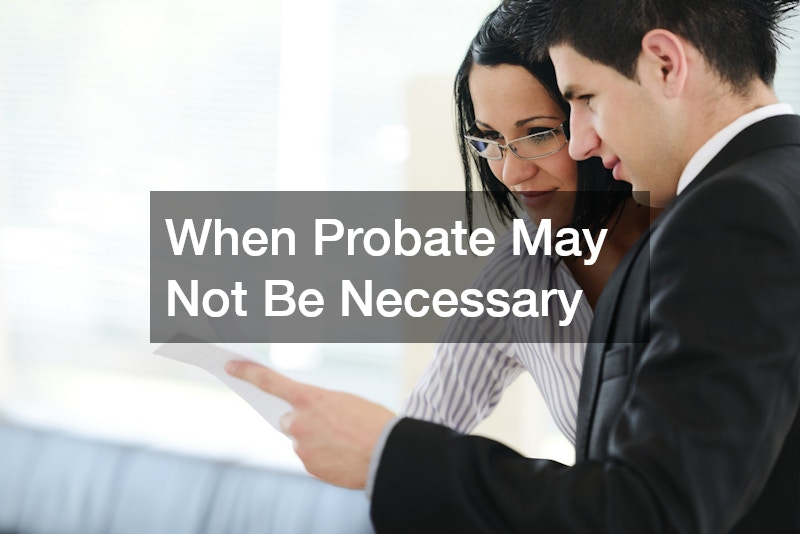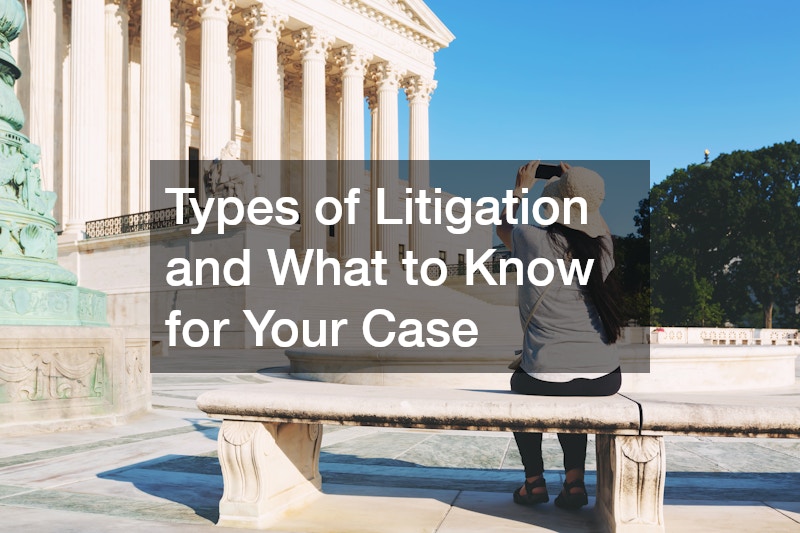
When a loved one passes away, managing their estate is a task that often falls on grieving family members. One of the first questions that arises is whether the deceased person’s will must go through probate. Probate is the legal process through which a will is validated and the deceased person’s assets are distributed. While many wills do go through probate, there are several exceptions depending on the circumstances and the way the estate was planned.
In this article, we’ll explore when probate is required, the exceptions to the rule, and how a will attorney can guide families through the process with greater ease.
What Is Probate?
Probate is a court-supervised process that ensures a deceased person’s will is legally valid and their final wishes are followed. During probate, the court:
-
Verifies the authenticity of the will
-
Appoints an executor (if not already named)
-
Oversees the payment of any outstanding debts or taxes
-
Supervises the distribution of assets to beneficiaries
In most states, even if a will exists, the estate must go through probate unless specific arrangements were made to avoid it.
When Does a Will Need to Go to Probate?
Most wills do go through probate, but this largely depends on the types of assets involved and how those assets were owned. Probate is typically required if:
-
The deceased owned assets solely in their name
-
There were no designated beneficiaries listed on accounts like life insurance or retirement plans
-
The estate includes real estate that wasn’t jointly owned
-
The total value of the estate exceeds a certain threshold (which varies by state)
In these cases, probate provides the legal authority to transfer ownership of the assets to the rightful heirs or beneficiaries.
Exceptions: When Probate May Not Be Necessary
Although probate is common, it’s not always required. Some common scenarios where probate can be avoided include:
1. Joint Ownership With Right of Survivorship
If the deceased person owned property jointly with someone else and the ownership included a right of survivorship, that property automatically transfers to the surviving owner upon death, without probate.
2. Beneficiary-Designated Accounts
Accounts like life insurance policies, retirement plans (e.g., 401(k), IRA), and payable-on-death (POD) or transfer-on-death (TOD) accounts allow individuals to name beneficiaries.
These assets transfer directly to the named individuals without court involvement.
3. Living Trusts
A revocable living trust is one of the most common tools used to avoid probate. Assets placed in a living trust are not considered part of the probate estate because they are technically owned by the trust, not the individual. When the person dies, the successor trustee distributes the assets according to the terms of the trust, bypassing probate entirely.
4. Small Estate Procedures
Many states have simplified probate procedures for small estates. If the estate falls under a certain value threshold, it may qualify for a streamlined or even affidavit-based process that does not require full probate. The thresholds and rules vary by state, so it’s important to check local laws.
How a Will Attorney Can Help
Even in cases where probate is not required, managing an estate can be complex. A will attorney can provide crucial guidance on whether probate is necessary and help navigate the process efficiently. They can also identify potential pitfalls—such as improperly titled assets or missing beneficiary designations—that could trigger an unexpected probate requirement.
Working with a will attorney is especially beneficial in the following situations:
-
There is disagreement among heirs or beneficiaries
-
The will is unclear or potentially invalid
-
The estate includes unusual or complex assets (e.g., businesses, intellectual property, out-of-state real estate)
-
Creditors are making claims against the estate
-
There is no will, and the estate must be handled through intestate succession laws
Having professional legal guidance can minimize delays, reduce conflict, and ensure the estate is handled in accordance with the law and the decedent’s wishes.
Common Misconceptions About Probate
Many people assume that having a will automatically avoids probate. However, the presence of a will does not eliminate the need for probate—it simply provides instructions for how the estate should be handled during the process.
Another misconception is that probate takes years to complete. While complex cases can drag on, many probates are resolved in several months, especially if there is no litigation or contest over the will.
Finally, some believe that probate can always be avoided. While proper planning can help minimize or eliminate probate for some assets, complete avoidance often requires proactive legal and financial strategies.
So, do all wills need to go to probate? The answer is no—not all wills require probate—but many do. Whether probate is necessary depends on how the deceased’s assets were owned, whether beneficiaries were properly designated, and whether the estate qualifies for a simplified process.
Understanding these factors ahead of time can help families avoid confusion and delays during an already difficult time. Consulting with a knowledgeable will attorney is one of the best ways to ensure that a loved one’s estate is handled properly and in accordance with their wishes. Whether you’re planning your own estate or managing someone else’s, the right legal support can make all the difference.




